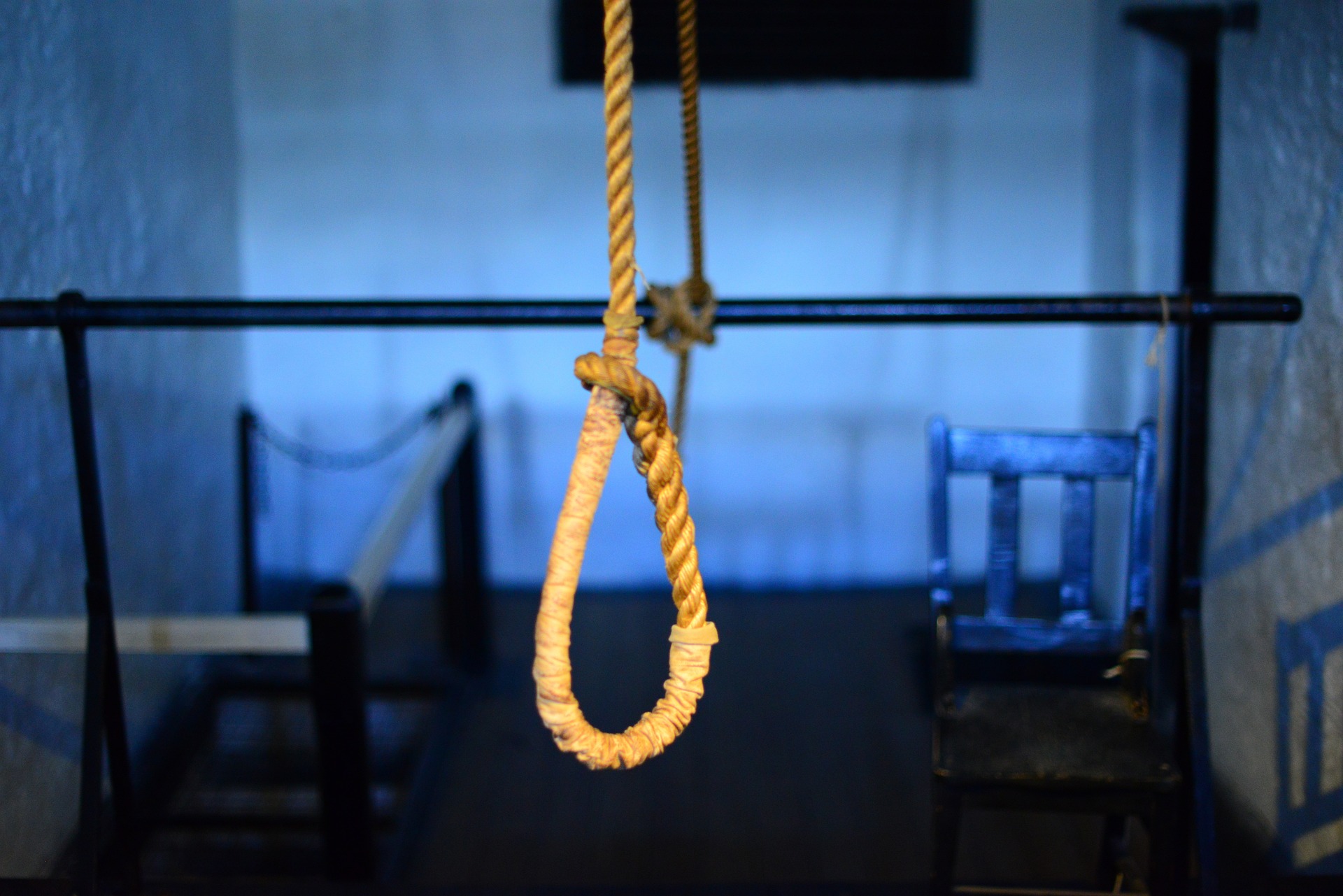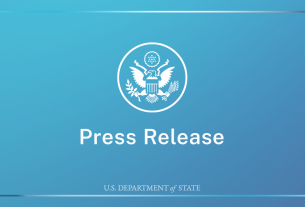In 2024, Saudi Arabia has seen an alarming rise in the number of executions, particularly those involving foreign nationals. According to human rights organizations, the country has executed more than 100 foreigners, marking the highest number ever recorded. This surge in executions is part of a broader trend that has seen Saudi Arabia’s use of the death penalty escalate in recent years, raising significant concerns from human rights advocates.
Key Facts and Figures
As of the latest reports, Saudi Arabia has executed 101 foreigners in 2024. This is nearly three times the number of foreign executions in 2023 and 2022. The most recent execution took place on Saturday in Najran, where a Yemeni national was put to death for drug smuggling. This case highlights the fact that many of the executed foreigners have been convicted of drug-related crimes, a category that has seen an uptick in capital punishment sentences since the country resumed executions for drug offenses in 2022.
The 101 foreigners executed this year include nationals from a variety of countries, with the largest groups being from Pakistan (21), Yemen (20), Syria (14), and Nigeria (10). Other countries with nationals executed include Egypt, Jordan, Ethiopia, and Sudan, among others. In total, it is reported that 69 of the 92 executions for drug offenses involved foreign nationals.
A Sharp Increase in Executions
The high number of executions is not limited to foreign nationals. In total, Saudi Arabia has executed at least 274 people by mid-November 2024. This represents a significant escalation compared to previous years. For instance, in 2023, Saudi Arabia was the third-largest executioner globally, following China and Iran, with a high number of executions surpassing 200 individuals.
This year’s figures are concerning as they suggest that the country is on track to exceed 300 executions, with human rights groups describing the current situation as an “unprecedented execution crisis.”
The Death Penalty in Saudi Arabia: A Controversial Practice
Saudi Arabia’s use of the death penalty has long been controversial, particularly regarding its application to foreigners. Critics argue that foreign nationals face higher risks of unfair trials, often lacking access to vital legal protections and court documents. Many foreign prisoners on death row are said to be victims of the global drug trade, often coerced or manipulated into smuggling narcotics into the kingdom.
Taha al-Hajji, the legal director of the European-Saudi Organisation for Human Rights (ESOHR), emphasized that foreign nationals are often subjected to a series of human rights violations from the moment of their arrest until their execution. These violations include the lack of access to proper legal representation and the use of coerced confessions. Foreigners are also vulnerable to biased judicial processes, with their cases often not receiving the same level of scrutiny as those of Saudi citizens.
Jeed Basyouni, from the NGO Reprieve, stated that families of those on death row are living in constant fear, as the executions of foreign nationals seem to be taking place at an alarming pace.
Execution Methods and Saudi Reforms
While Saudi Arabia rarely specifies the method of execution, it is widely known that beheading is the standard practice for capital punishment in the kingdom. Executions often take place in public, and the beheadings are sometimes filmed and shared. This harsh method is part of the country’s broader approach to capital punishment, which also includes flogging and amputations for certain offenses.
In 2022, Crown Prince Mohammed bin Salman (MBS) had made statements suggesting a shift in Saudi Arabia’s approach to the death penalty, claiming that the kingdom had abolished executions for non-violent crimes such as drug offenses. However, these claims have been contradicted by the ongoing surge in executions, particularly for drug-related offenses.
In 2023, Saudi Arabia carried out its largest mass execution in modern history, executing 81 individuals in one day for a range of offenses, including terrorism and violent crimes. This mass execution contradicted earlier promises of reducing the use of the death penalty, adding further tension to the kingdom’s image, especially as it seeks to attract international tourism and investment as part of its Vision 2030 reforms.
International Criticism and Human Rights Concerns
The increasing use of the death penalty in Saudi Arabia has drawn strong criticism from international human rights groups, including Amnesty International and Human Rights Watch. These organizations have consistently condemned the kingdom’s use of the death penalty, particularly in cases where the defendants may not have received a fair trial. The high number of executions has raised concerns about the broader human rights situation in Saudi Arabia, especially at a time when the country is trying to project a more liberal and modern image to the world.
Despite this international pressure, Saudi Arabia remains largely unapologetic about its use of capital punishment. The country defends its legal system as necessary for maintaining law and order and claims that it is acting in accordance with Islamic law (Sharia). The royal family has not made any significant moves to curb the use of the death penalty, and there are no indications that the government plans to end or scale back executions in the near future.
Conclusion: A Bleak Outlook
The continued surge in executions, particularly of foreign nationals, paints a grim picture for human rights in Saudi Arabia. The country’s use of the death penalty is increasingly under scrutiny, and there are growing concerns over the fairness of trials for foreign defendants. As the kingdom seeks to balance its image as a modernizing state with its strict interpretation of Sharia law, the execution rate for both Saudi citizens and foreigners remains a stark reminder of the challenges it faces in achieving genuine reform.
The case of foreign nationals, who make up the largest proportion of those executed in 2024, serves as a symbol of the broader issues within the kingdom’s legal system. Until significant reforms are implemented, Saudi Arabia’s human rights record is likely to remain a contentious topic on the international stage.
References
1. **Human Rights Reports**:
– **Amnesty International** regularly publishes reports on global executions, including Saudi Arabia. Their website will have specific reports on death penalty practices in Saudi Arabia.
– **Human Rights Watch** also monitors the death penalty and human rights issues in the kingdom, and their reports will offer insights into the latest trends.
2. **News Articles**:
– News agencies such as **AFP**, **The Times**, and **Metro** often provide detailed coverage on human rights issues in Saudi Arabia, including specific executions. For instance, **The Times** and **Metro** {https://metro.co.uk/galleries/saudi-arabia-executes-more-foreigners-than-ever-before/} both reported on the record number of executions in 2024.
– **Reuters** and **BBC News** also provide comprehensive and updated coverage on international human rights issues, including Saudi Arabia’s death penalty practices.
3. **NGO Reports**:
– **Reprieve**, an organization focused on death penalty advocacy, often reports on execution figures, particularly the treatment of foreign nationals on death row in Saudi Arabia.
– **ESOHR** (European-Saudi Organisation for Human Rights) is another key organization that tracks executions in Saudi Arabia and often provides insight into the legal challenges faced by foreign nationals.



